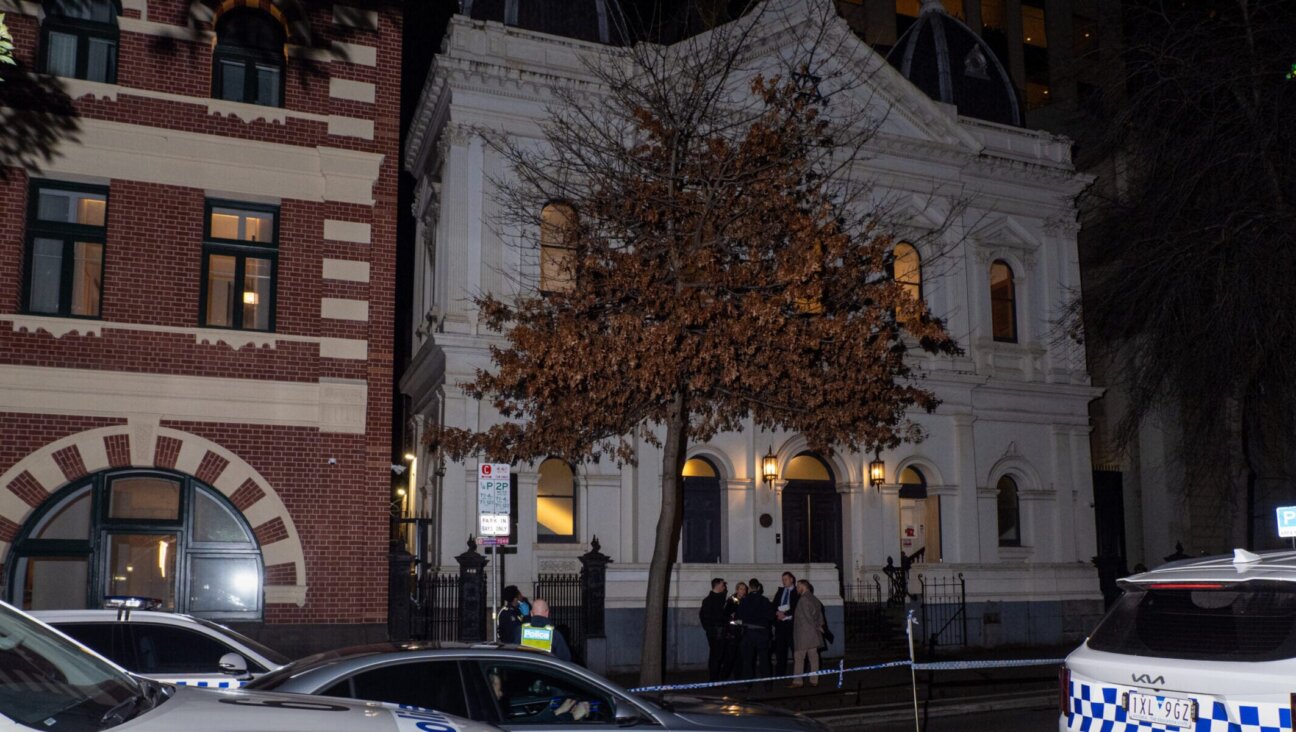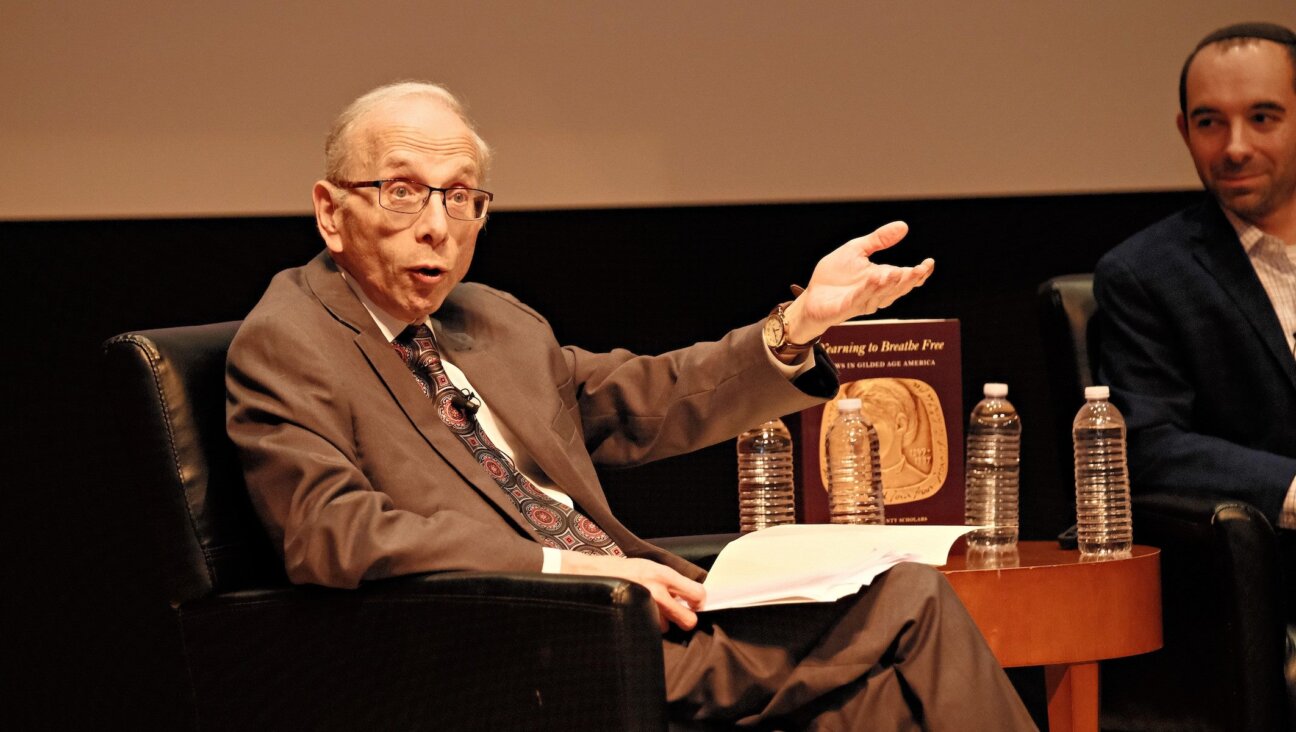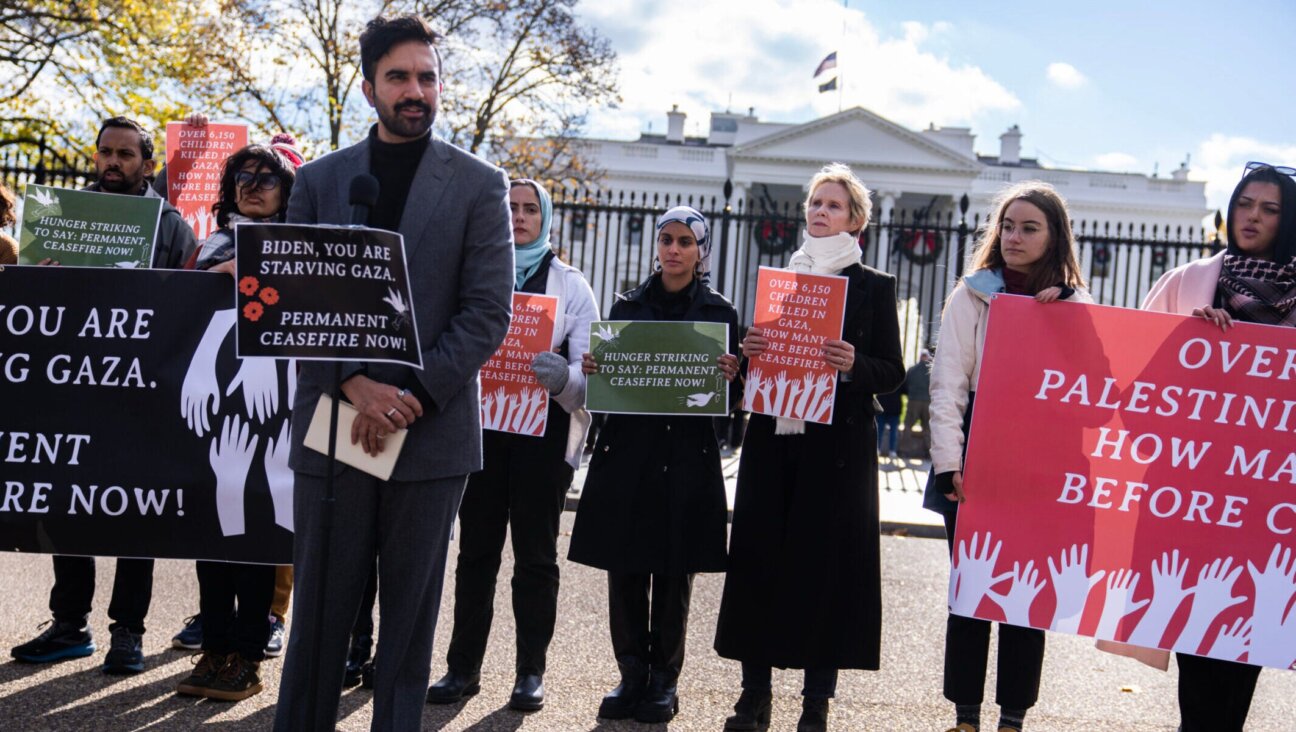Jewsh Terrorism: ‘You Can’t Blame an Entire (Religious) Community’ — ‘Yes We Can’
There’s an interesting debate unfolding in the opinion section of Ynet, Yediot Ahronot’s Web site, over the role of religion and settler ideology in the alleged crimes of accused West Bank Jewish terrorist Jack Teitel. Some of it appears in translation on their English site, and some of it doesn’t, either by coincidence or because someone thinks it’s Not for Public Consumption.
Background: The announcement of Teitel’s arraignment on November 1 set off an immediate round of defensive statements from settler movement spokespersons that their community abhors murder and violence and can’t be blamed for one person’s deranged actions. The mantra, repeated whenever there’s another incident of settler violence, is: Don’t blame an entire community (tzibur shalem) for the actions of a wayward individual.
The day after Teitel’s arraignment, November 2, Ynet published a column (here’s the English version) by Yair Borochov, a frequent Ynet contributor and editor of a Lubavitch Web site, Shturem.net (and relative of Ber Borochov? Dunno), with a quirky take on the issue. He argues that journalists have a habit of assigning catchy nicknames to celebrity bad guys, but only when they’re Orthodox. Examples: The Abusing Rabbi (an Israeli cult leader accused of serial sexual molestation). The Starving Mother (doesn’t translate well — she’s a Hasidic woman accused of starving her toddler son, and we would probably dub her Munchausen Mom). And now, the Jewish Terrorist.
By contrast, Borochov writes, non-religious criminals don’t get these catchy nicknames. He offers two examples of recent headliners, Michael Fischer and Asaf Goldring, both accused of killing their own children, both known in the press simply by their names.
He may have a point. Here in America, nicknames like that are routine for sensational crimes. Think of the Boston Strangler, the Zodiac Killer or the Mayflower Madam. But I can’t think of any parallel examples from Israel that would disprove Borochov’s thesis. Maybe I’m blanking out.
Borochov is arguing a larger case, however, and here’s where he’s wrong.
The identity of the victims is irrelevant; regardless of whether they are Jewish or Arab, a murderer is a murderer, and if a person who murdered his wife and three children does not fit the “terrorist” category, I see no reason to do so when the victims are members of a different ethnicity or in case the murderer is religious.
In fact, he doesn’t really believe that the identity of the victim is irrelevant. Chabad, and much of the rest of the Jewish world, finds particularly deep meaning in the deaths of Jewish victims because of their identity and never hesitates to mention it. It’s called dying Al Kiddush Hashem, for the Sanctification of the Name. For that matter, I doubt whether Borochov objects to terms like Islamic terrorist or Shi’ite insurgent. Or Colombian drug kingpin. Or Nazi murderer. The monikers tell an essential part of the story, namely the motive and the political significance that makes the act more than a simple crime.
A telling counterpoint appeared that evening, in a column by Ariana Melamed, a Tel Aviv writer and literary critic, with the provocative title, “Yes, blame an entire community.” This one doesn’t appear in English for, um, some reason. So I’ll give you the thrust:
Melamed isn’t responding directly to Borochov, but rather to Orthodox spokesmen flooding the media with defensive arguments that you can’t blame an entire community — and that they shouldn’t be expected to condemn Teitel or others like him, when after all Tel Aviv liberals aren’t pressured to condemn the likes of Goldring.
Melamed makes two key arguments. First, spokesmen for Tel Aviv liberals, if there are such things, aren’t expected to condemn a Goldring because revulsion toward a parent killing his own child is automatic and universal—and there’s ideology that could be interpreted as justifying it. Moreover, a baby-killer like Goldring doesn’t attract an army of admirers who rally to his cause (while condemning his unforgiveable behavior, of course) and donate to defense funds.
Second, a community can be known by the leaders it chooses, in this case the religious nationalist rabbis of the Gush Emunim settler movement. She points to several of the most prominent and respected. “Take, for example, Dov Lior,” the chief rabbi of Kiryat Arba, “who called Baruch Goldstein ‘a martyr like the martyrs of the Holocaust’.” Or Rabbi Shlomo Aviner of Ateret Cohanim yeshiva, “who expressed revulsion at the act of murder but didn’t condemn it, in a remarkable rhetorical exercise that recalls his response to Baruch Goldstein. Goldstein’s act, the rabbi said, was forbidden because he didn’t consult with ‘the nation’ [meaning rabbinical authorities – JJG] before committing his massacre—and nonetheless he [Goldstein] is a martyr.” (Rabbi Aviner, it must be noted, has a gutsy liberal side to him that we’ll take up another day.)
One more essential read on the new Jewish Terrorist affair is this column (in English) by Alex Fishman, Yediot Ahronot’s masterful military analyst. His point is that Teitel was able to walk around freely for 12 years, even after he began to raise suspicions nearly a decade ago, because the police and the Shin Bet security service don’t put the same energy and determination into tracking the Jewish far-right that they put into stopping Palestinian terrorists. It might seem like a natural response—after all, Jewish rightists aren’t considered a strategic national-security threat intent on destroying the state of Israel. But they are a strategic threat to Israel’s security, and putting them on a lower priority makes them believe they can get away with it. Here’s Fishman’s conclusion:
The State of Israel is facing tough tests vis-à-vis the far Right. Should we face an accelerated diplomatic process or a need to evacuate more communities, we shall see bitter clashes. The Teitel affair shows us that not only do the mad individuals and marginal groups exist, they’re also not scared.
























